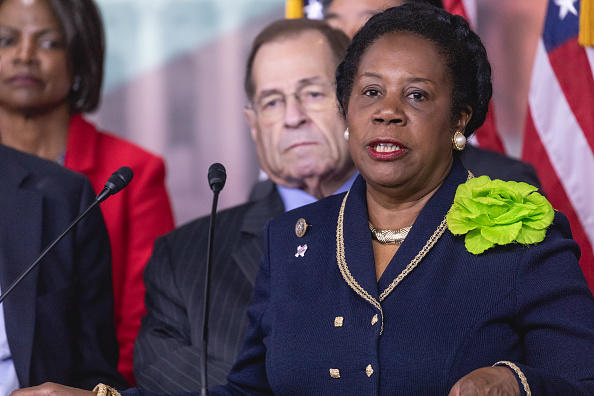Recently, social media companies have been in hot water with the United States government, especially due to their responses — or lack thereof — following the Christchurch shooting. Earlier this week, the House Judiciary Committee held a hearing to question Facebook and Google on the rise of white nationalism online.
Now, another committee is coming after big tech. Rep. Max Rose — head of the Homeland Security Subcommittee on Intelligence and Counterterrorism — sent a letter to YouTube, Microsoft, Facebook, and Twitter to find out how much money they put into combatting extremism on their platforms. The letter has been signed by subcommittee members Sheila Jackson Lee, Jim Langevin, and Elissa Slotkin.
“We’ve seen in graphic detail the extent that terrorist organizations and extremists have used social media to amplify their reach and message in recent years,” Rose said in a statement. “While social media companies tell us they’re taking this seriously, I want to see the numbers to back that up — and won’t stop until we get answers.”
In the letter, Rose asks for the companies’ full annual budgets for counterterrorism efforts and the number of employees dedicated solely to countering terrorists. The letter also asks to know the number of employees who are tackling far-right extremism, such as white supremacists and white nationalist movements.
White nationalist movements online have been a brewing issue for a number of years. Facebook only recently banned white nationalism and white separatism, previously failing to add them into its ban on white supremacy.
However, the company has been hesitant to actually use the ban. It claimed a video of Canadian nationalist Faith Goldy promoting white nationalism didn’t violate any policies, then eventually banned her under their rules prohibiting organized hate. The hesitancy to call white nationalism and white supremacy by their names is part of what has led to this continued problem.
The problem isn’t unique to Facebook. Twitter was called a “Nazi haven” by TechCrunch, and a report revealed how YouTube executives ignored employees’ warning about the rise of white nationalist figures on its site.
“As you all know, a budget is a statement of values,” Rose and the Subcommittee Democrats wrote in the letter. “We believe that the level of resources your companies allocate to containing and combating online terrorist content is a reflection of the seriousness with which you are approaching the issue. As such, we respectfully request information regarding the value you place on your counterterrorism programs.”
Although forcing companies to show their budgets will help illuminate values, it doesn’t mean any consequences will follow. Hate groups have been able to develop their own sort of subcultures on the internet and across platforms. Scrubbing that out requires a serious cultural change.

